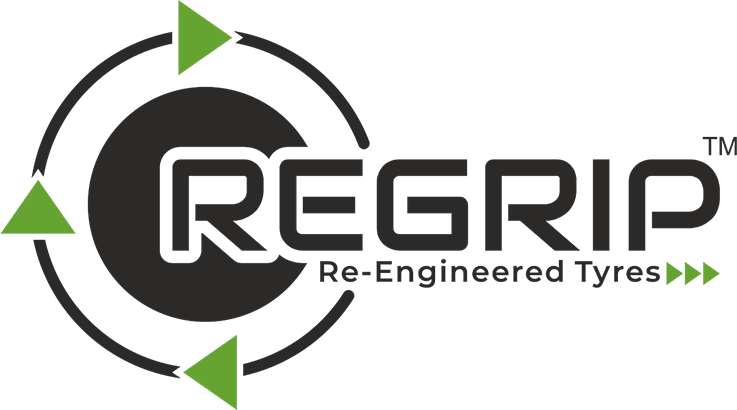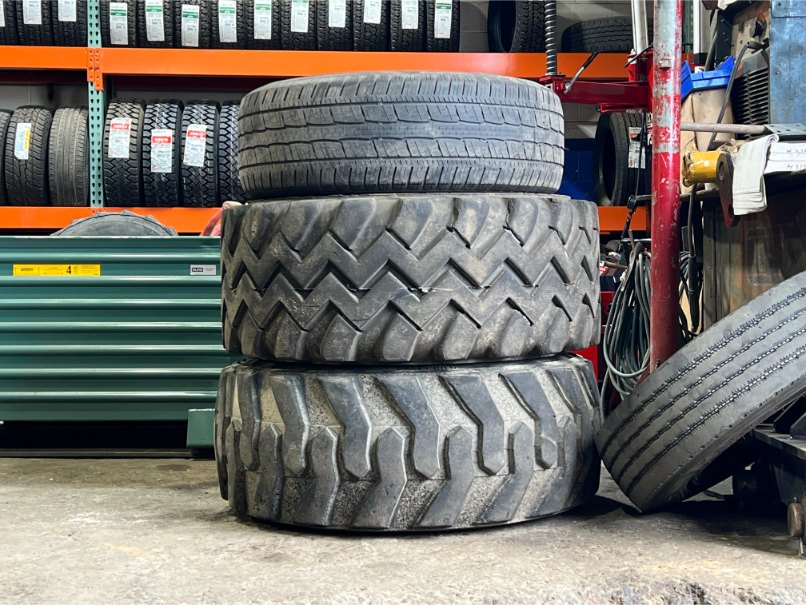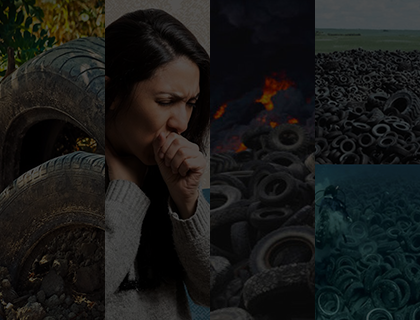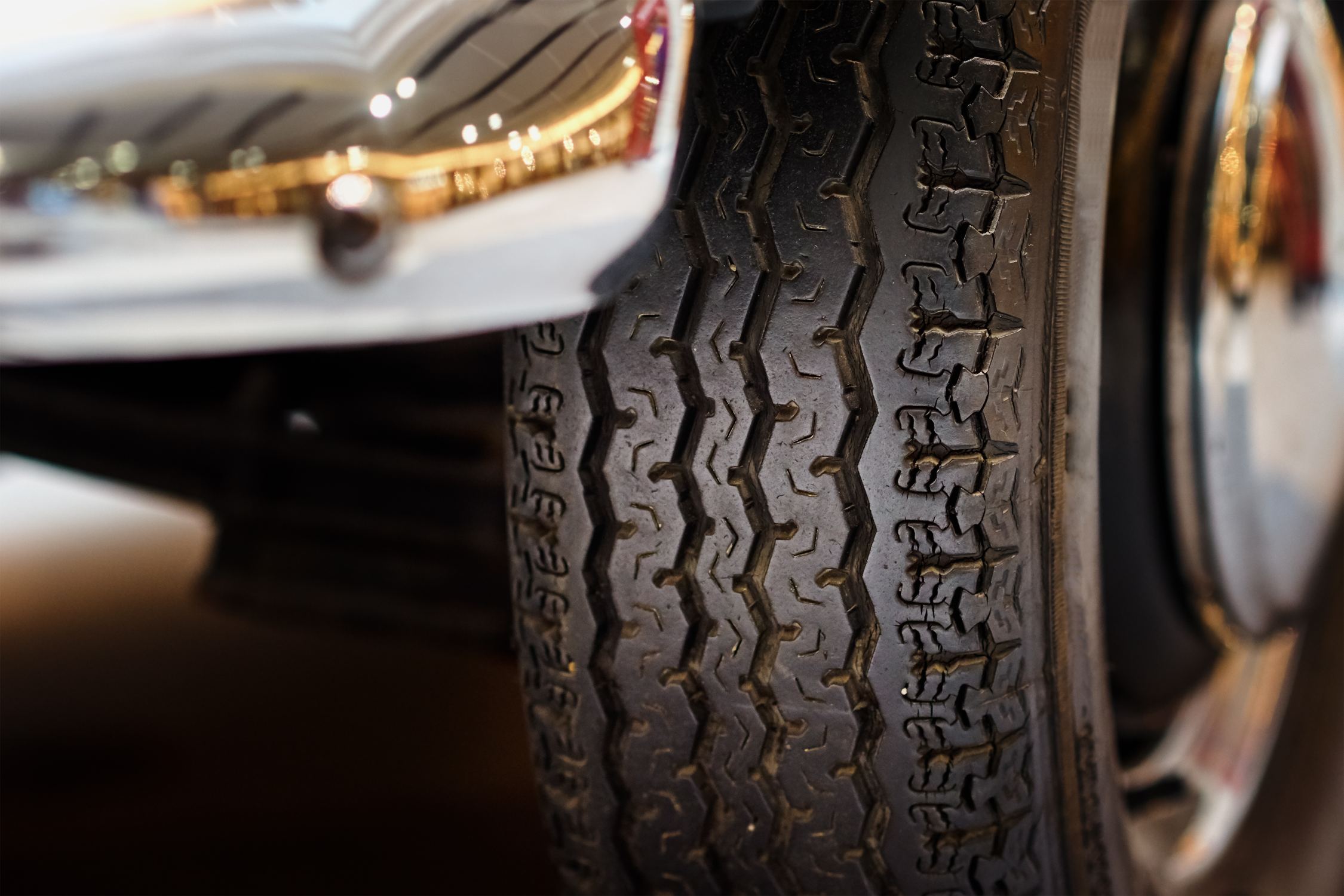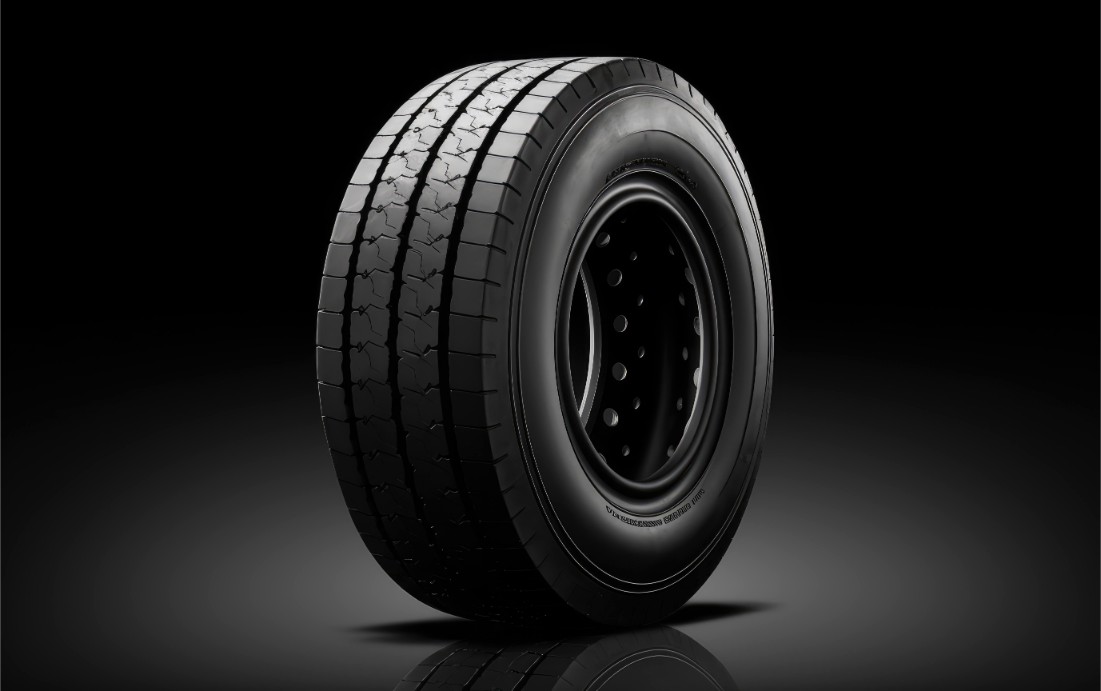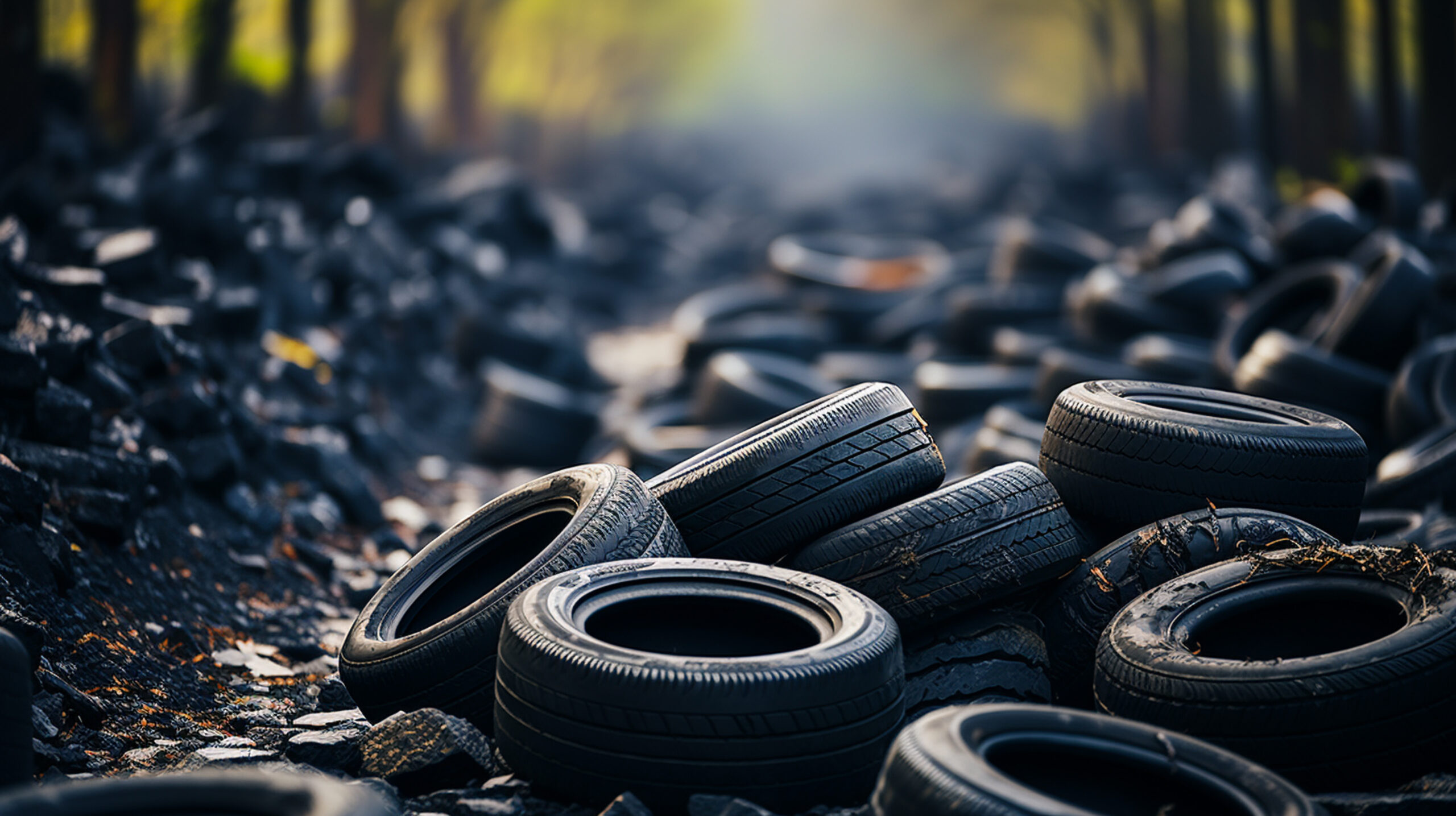
In the quest for a sustainable future, the transportation industry holds the key to determining environmental footprint. Of the central factors in this mix is Heavy Commercial Vehicle (HCV) tyres—a bedrock of logistics and mobility but at the same time a large waste generator and resource depletor. To solve this issue, Extended Producer Responsibility (EPR) stands out as a strong framework that urges producers to be responsible for the whole lifecycle of their products, promoting a more circular economy.
Understanding EPR in the Tyre Industry
EPR is a policy strategy that requires producers to control the post-consumer phase of their product for recycling, re-use, and eco-friendly disposal. Manufacturers, importers, and retailers of HCV tyres are being made more and more inclined to invest in sustainable systems which reduce waste, maximize use of raw materials, and decrease carbon emissions.
The Role of Circularity in HCV Tyres
Circularity in the tyre sector is all about recycling, re-treading, and repurposing old tyres instead of throwing them into landfills. Some of the major strategies are:
Re-treading Tyres: The practice of re-treading extends the lifecycle of tyres, and it lessens waste considerably while making companies cost-efficient.
Crumb Rubber Applications: Old tyres are processed to make crumb rubber that can be used in roads, sports tracks, and industrial products.
Eco-Friendly Disposal Practices: Pyrolysis and other state-of-the-art recycling technologies enable end-of-life tyres to be converted into recyclable materials.
EPR Compliance: The Roadmap to Responsible Tyre Management
Governments and environmental agencies across the globe are making regulations around tyre waste recycling and disposal more stringent. In India, EPR requirements oblige producers to make provisions for collecting, processing, and recycling used tyres in keeping with sustainability benchmarks.
Importers and manufacturers can comply with EPR regulations by:
Implementing take-back programs for retired tyres.
Collaborating with recycling companies for environmentally friendly tyre disposal.
Investment in low-impact material procurement and eco-friendly manufacturing practices.
Information and education of consumers towards extended tyre life through proper maintenance.
Regrip: Pioneering the Way towards Tyre Sustainability
Sustainability isn’t just a promise at Regrip—it’s an integral part of what we do. With innovative tyre recycling, re-treading, and sustainable waste management practices, we play our part in a cleaner tomorrow and maintain outstanding tyre performance and safety.
For more information about our green tyre solutions,
contact us:
H.NO. 357, D, I, Sector 37, Gurugram, Haryana 122001
92570 30252
Partner with us in propelling sustainability and making every mile matter—responsibly
